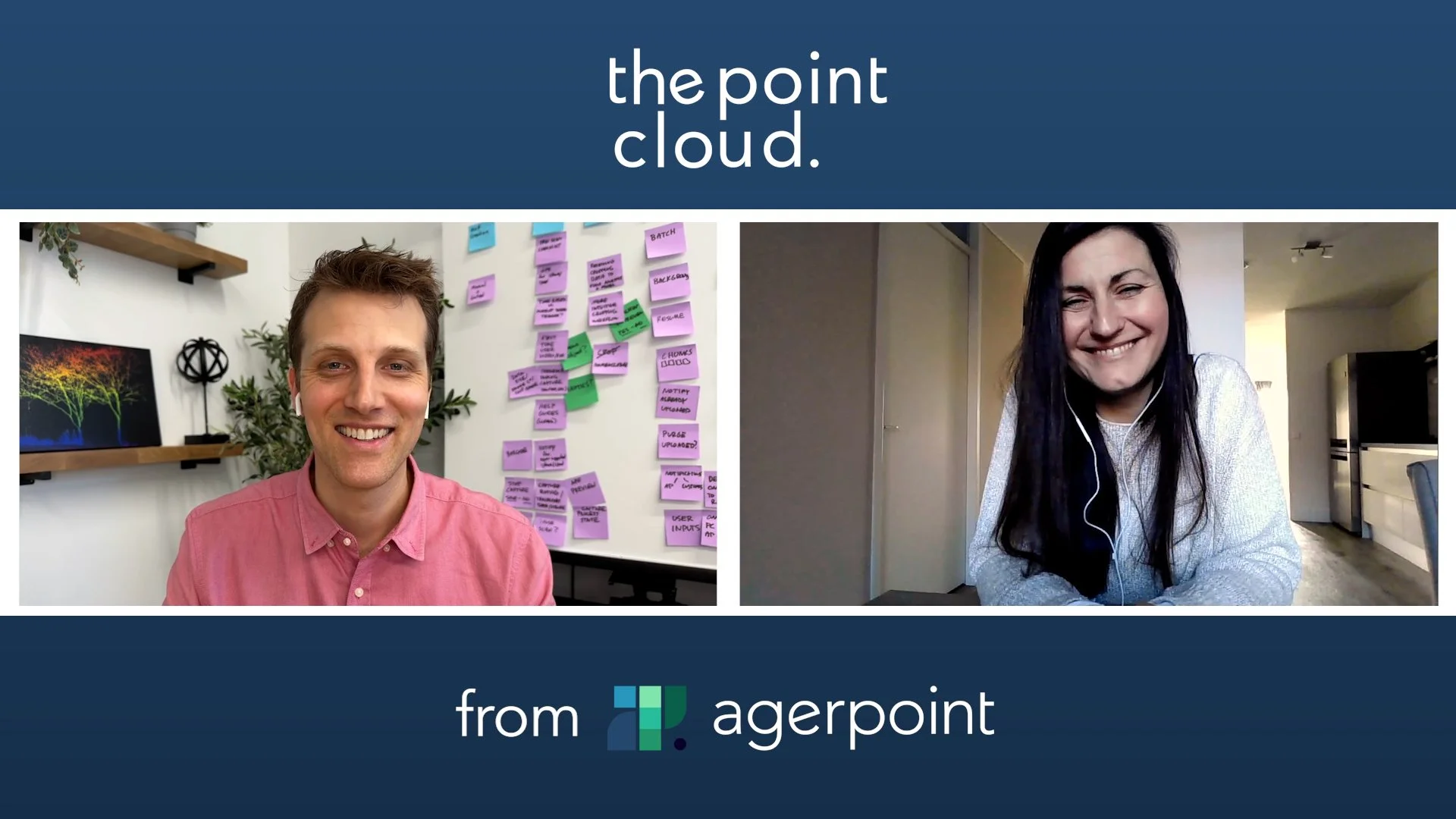Acorn Rabobank’s Head of Remote Sensing Wants to Measure Trees with a Phone
“Who wants to measure a tree with a phone?”
It was meant as a skeptical question, but it got Mila Luleva excited. She’s the Head of Remote Sensing at Acorn, a sustainability project of Rabobank supporting farmers on the path to greater sustainability.
For Mila, validating tree growth on smallholder farms is an “everyday problem.” If there’s a better way to measure trees, Mila is all in.
Mila discusses remote sensing, sustainability, systematic error and more on The Point Cloud, Agerpoint’s interview series featuring leaders at the intersection of climate, agriculture, nature, and technology.
Watch highlights from the conversation below.
‘These Guys Found a Solution’
Mila recounts how a conversation with a skeptical colleague led her toward an exciting new technology.
“He mentioned, ‘Hey, I came across a company called Agerpoint, and I really couldn't see it. I just cannot imagine that people would like to know how to measure a tree with a phone. Who is interested?’
“And I was like, ‘I am!’”
For Mila, Agerpoint technology was a welcome solution to a problem others may not even know about.
“From a business side of things, it might sound strange,” she says, “but when you're actually in the business of measuring trees, it made complete sense to me.”
“Many of our enumerators are struggling with the measurements that actually a picture can solve,” she adds. “There is so much promise in what you guys are doing and I'm really excited about this.”
Why Systematic Error Beats Human Improvisation
Mila discusses the importance of using technology to measure and validate tree growth. Measuring can be subjective, and technology helps mitigate that.
"The thing with technology is that the error is very systematic,” she explains. “So if you manage to estimate that systematic error, you can always correct for it because it is across everything you do."
‘A Sustainable Farmer is a Less Risky Farmer’
Why are sustainable practices important to a bank in the first place? As Mila explains, they make betting on farmers a less risky proposition.
“When we do an investment, if we see that they're doing the sustainable practices, we know that in the future, they will resist,” she says.
“They will resist climate changes. They will resist the lack of fertilization, the lack of irrigation. They can cope with it because they're doing the right things.”
Mila highlights the need to incentivize farmers to transition to sustainable practices and support them during the transition period.
Listen and Share
You can hear to the full interview as an audio podcast on your favorite platforms.
Please subscribe, like, rate 5 stars, tell your friends, and join the conversation with Agerpoint on LinkedIn and Twitter.


